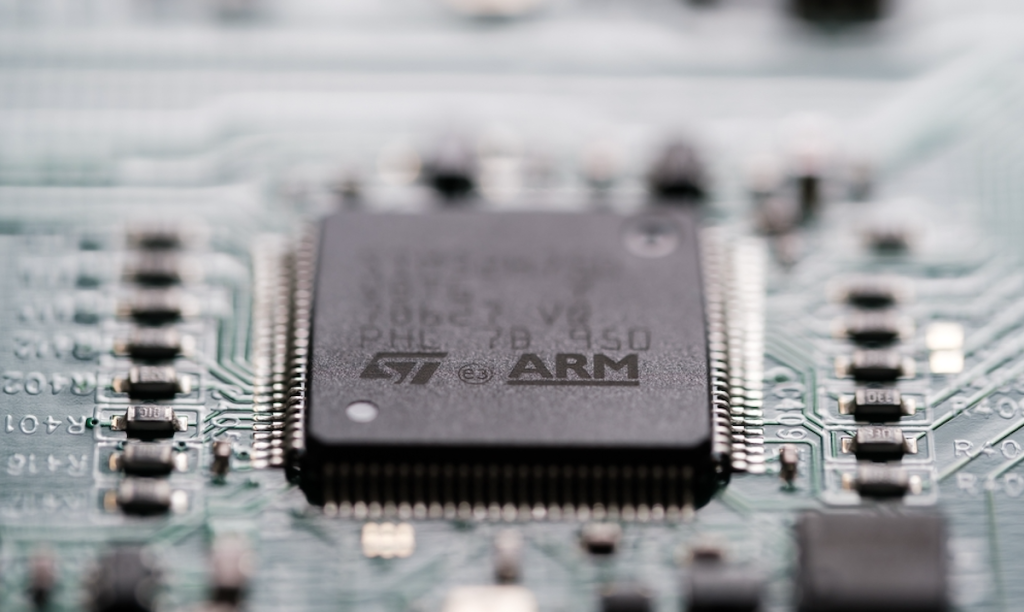This week marked three major developments in the artificial intelligence (AI) space.
Microsoft is making Windows agentic, while OpenAI is developing AI-native devices with former Apple designer Jony Ive. Meanwhile, Google is embedding agentic checkout in Search.
Here’s this week’s AI roundup.
Agentic Transformation of Windows
Microsoft is re-architecting Windows as an agentic AI platform, ushering in one of the most significant overhauls in the operating system’s history. This move is a key part of the company’s strategy to build the technical foundation for an open, agent-driven web.
Speaking at Microsoft Build 2025, CEO Satya Nadella said he believes generative AI has now reached the stage where AI agents will proliferate.
“In 2025, we’re building out this open agentic web at scale,” he said.
Microsoft also unveiled NLWeb, which can turn any website into an agentic website. This enables any business to offer customers an AI agent experience.
Read more: Microsoft’s Radical Bet Turns Windows Into an AI Playground
OpenAI Is Acquiring Jony Ive’s Startup Io
OpenAI is acquiring io, an AI devices startup founded by former Apple Chief Design Officer Jony Ive and other Apple designers, for $6.4 billion in equity. Io will become the hardware division of OpenAI, tapping into the creative genius of Ive, who as Steve Job’s protégé led the design of the iPhone, iPod, Apple Watch and other hardware.
Altman wants to reinvent devices for the AI era, lamenting that it takes several cumbersome steps today to access ChatGPT: Turn on the computer, open a web browser, go to ChatGPT’s website, type in a prompt and wait for an answer. He thinks there’s a better way.
Ive, for his part, called Altman a “rare visionary.”
Read more: OpenAI Acquires Jony Ive’s AI Device Startup for $6.4B
Google Embeds Agentic Checkout in Search
Google unveiled new shopping capabilities in Search designed to compete with AI chatbots increasingly used for eCommerce.
At this week’s Google I/O conference, the company announced that Search’s AI Mode will soon help users browse products, try on clothing virtually, and receive price alerts. These upgrades aim to simplify online shopping and personalize the experience.
Google also introduced “agentic checkout,” enabling Search to add items to a cart and complete purchases either with user confirmation or autonomously. Powered by the Gemini 2.5 AI model, these features will roll out in the coming months.
This makeover is part of Google’s plan to transform Search into one integrated AI assistant.
“This is the future of Google Search, a search that goes beyond information to intelligence,” said Elizabeth Reid, head of Google Search.
Read more: Google to Embed Agentic Checkout, Virtual Try-on in Search
AI-Run Company Misses Expectations
Carnegie Mellon researchers created a virtual software company run entirely by AI agents, just to see how they would do.
The result: While agents were good at highly cerebral tasks, they failed in simple ones that are intuitive to humans — like waiting 10 minutes before escalating a task or closing a pop-up window.
In their research paper, the team let LLMs from OpenAI, Anthropic, Google and others interact with the AI agents in the company to see how they would do. The best performer was Anthropic’s Claude, but it only completed 24% of tasks — still an ‘F’ grade in any school.
Read more: Are AI Agents Ready to Take Over Human Work? New Study Says Not Yet
Arm Eyes Intel’s Market Share
Arm is making a push into the PC market, projecting that it would capture 40% of PCs and tablets shipped this year with its power-efficient architecture, which already powers 99% of smartphones.
While Intel still dominates in devices like Chromebooks, Arm is gaining ground as AI reshapes personal computing.
In an exclusive interview with PYMNTS, Chris Bergey, head of Arm’s client line of business, said the company’s energy-efficient designs give it an edge in the AI era, especially for devices processing AI workloads locally.
Edge computing, which enhances privacy, reduces latency and cuts cloud costs, is becoming essential in PCs, positioning Arm as a key player in next-generation AI-enabled devices.
Read more: Arm Treads on Intel’s Turf With AI-Powered PC Push

